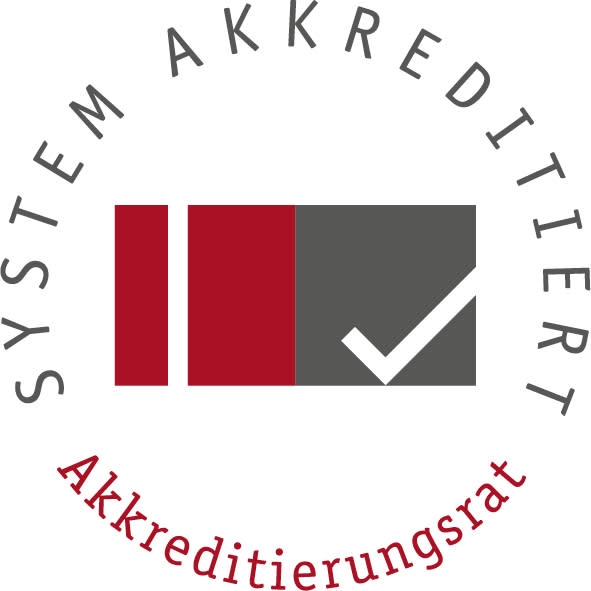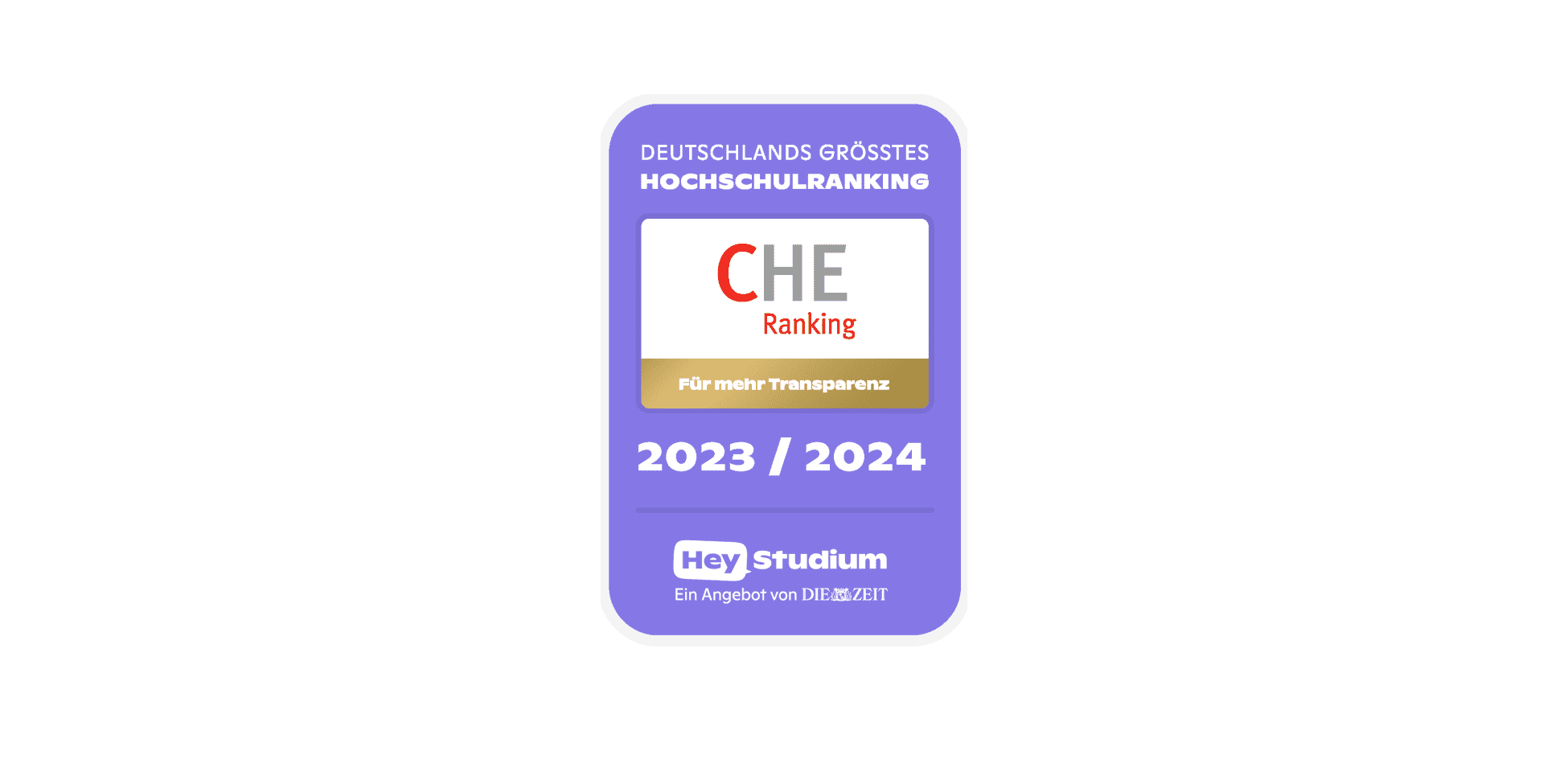What the study is about
In addition to all the major challenges and difficulties that unemployment or short-time work brings, there is no way out. Over 60% of respondents now see their crisis as an opportunity. Those on short-time work or looking for work have time to rethink their priorities and their future. Overall, short-time workers and job seekers are more positive than respondents threatened with unemployment. They use their time to think about their professional future, want a good job and want to continue their education. The older the respondents are, the less optimistic they are when it comes to finding a new job. Existential fears, the feeling of lack of opportunities, but also drive difficulties play a role here. Even though the majority of respondents are worried about the future, there is light at the end of the tunnel. Around 84% are interested in continuing their education and hope it will give them better chances on the labour market and a job they really like. Flexibility plays a major role in the choice of further education, especially among the younger respondents. Online learning is accordingly preferred by many, and a mixture of in-person and online teaching is stated as optimal. Overall, however, the preferences here are very heterogeneous. In addition, good teachers and the reputation of the education provider are very important to the respondents. However, even though the market has numerous offers, many people do not find the CET that suits them. The Federal Employment Agency offers support here, which many respondents perceive as positive. CET is always an investment in the future - in the future of the individual and in the future of society.
Download study as PDF
The 4 most important findings
The right education? It’s missing! The market is actually full of CET offers, but: only about one third of the respondents have already found suitable CET offers for their preferred areas.
Flexibility and digitalisation in CET are in demand. Flexibility is also enormously important for job seekers and short-time workers. After all, the day is often full. Accordingly, a large proportion of respondents attach great importance to being flexible in the timing of their CET measures.
Fear as the biggest obstacle. Psychological stress, such as sadness and listlessness, differs greatly in the three groups surveyed. While short-time workers still see their future in a positive light, job-seekers and those threatened with unemployment have a greater fear of the future.
Not all unemployment is the same. The good news first: gone are the days when unemployment or short-time work were viewed exclusively in negative terms. Over 60% of respondents see their current situation as an opportunity. An opportunity to rethink priorities or to devote time to their own health and family.
About this study
Survey of 1,900 participants
Publisher: IU International University of Applied Sciences
Survey period: 10.12.2020 – 17.12.2020
Contact our press team presse@iu.org
or our research team research@iubh.de
Request free study brochure
Thank you for deciding to find out all about your study programme and IU International University of Applied Sciences. Request your study brochure here - free of charge and without obligation.







